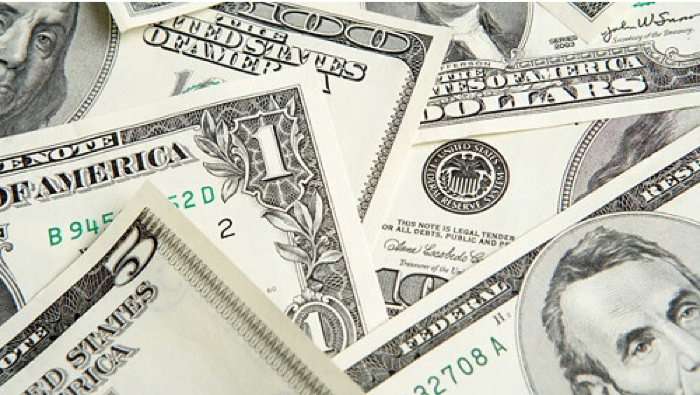Plan Ahead for Holiday Expenses and Save!
Saving money over the holidays is a common goal for many people, as it can be a financially challenging time of year. Here are some effective ways to...
Manage your everyday finances with convenient accounts, flexible cards, and personalized service designed to fit your life.
At First Federal Bank, we offer flexible mortgage solutions for almost any situation, helping you secure the right financing for your dream home.
Business banking offers secure financial management, streamlined transactions, credit options, and tools to help businesses grow efficiently and sustainably.

 In most cases, when you apply for a loan, there’s a set end date. This allows the lender to determine things like interest rate and monthly payment and helps you determine your pay-off amount. But there is such a thing as an open-end loan, which gives you more flexibility if you might need to continue borrowing in the future. If you can obtain one and find that the pros outweigh the potential cons, it can be a great asset for your business or personal finances.
In most cases, when you apply for a loan, there’s a set end date. This allows the lender to determine things like interest rate and monthly payment and helps you determine your pay-off amount. But there is such a thing as an open-end loan, which gives you more flexibility if you might need to continue borrowing in the future. If you can obtain one and find that the pros outweigh the potential cons, it can be a great asset for your business or personal finances.
What is an open-end loan?
Your mortgage or auto loan are examples of closed-end credit. These are fixed-term loans in which you make payments for a pre-determined time. By the end of that period, you should have paid off the full balance and interest, and the line of credit is officially closed.
An open-end loan is, as Experian blog contributor Emily Starbuck Gerson notes, a revolving credit line that stays open into perpetuity. An open-ended loan is beneficial both for the borrower and the lender and functions not unlike a credit card, which is another revolving line of credit.
By that standard, open-end loans are not too different from credit cards. When you are approved for a loan, you have a maximum line of credit that you are permitted to borrow. As Investopedia contributor Alexandra Twin notes, a borrower does not pay interest on the maximum amount of credit available, but rather only on the amount they borrow.
If you have an open-end loan and no balance due, you don’t need to make payments. Once you pay off the amount you borrow, the account stays open until the time comes when you need to use it again.
The pros and cons of an open-end loan
Open-end loans are beneficial for businesses and individual borrowers because they offer greater flexibility. Gerson notes there are no fixed payments like you’d have with a closed-end loan like a mortgage. Like a credit card, you’ll have a minimum payment and will owe interest on any carried balance, but you won’t be locked into paying a certain amount for a longer period of time. And, the quicker you pay off the balance, the more money you’ll save.
Gerson notes open-end loans can be less stable than closed-end loans, however. While closed-end loans typically fix interest rates at the time of signing, you may pay rates based on the market, which can mean higher interest payments. Some open-end loans may also carry an annual fee.
Because these loans are so borrower-friendly, they can be harder to get if you don’t have excellent credit. But along that same line, having an open-end loan in your credit history and making payments when needed can help you build and sustain your credit score.
If you can get an open-end loan from your financial institution, it can be a great tool to use to your advantage when you need money for your business in a hurry. Ask your financial institution about their open-end loan options and learn more about how these loans can work for you and your business.

Saving money over the holidays is a common goal for many people, as it can be a financially challenging time of year. Here are some effective ways to...

When you want to securely store your money, you can choose to open one or more savings accounts at a financial institution. If you’re unsure how many...

If you find yourself in need of a vehicle — but can’t secure an auto loan with favorable terms — you may be tempted to take out a home equity loan to...
Manage your accounts, make payments, and more.
Open an account with us.